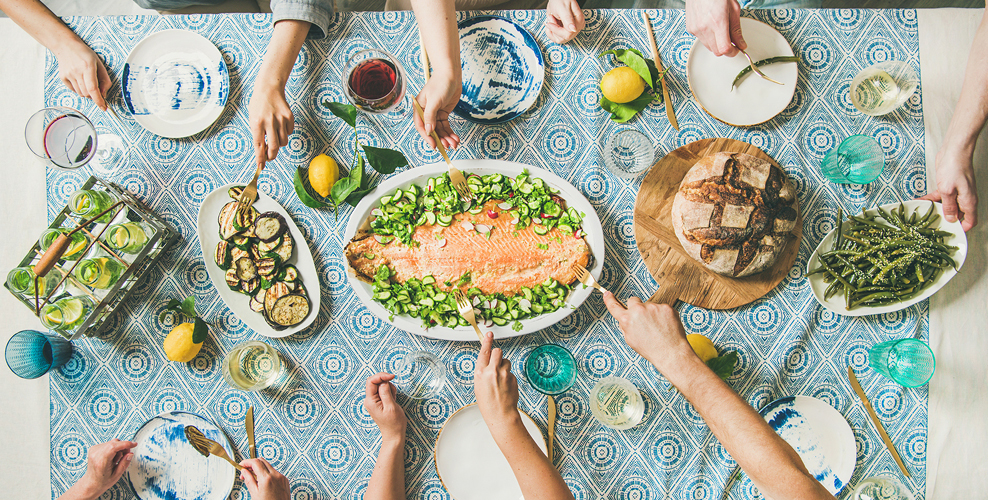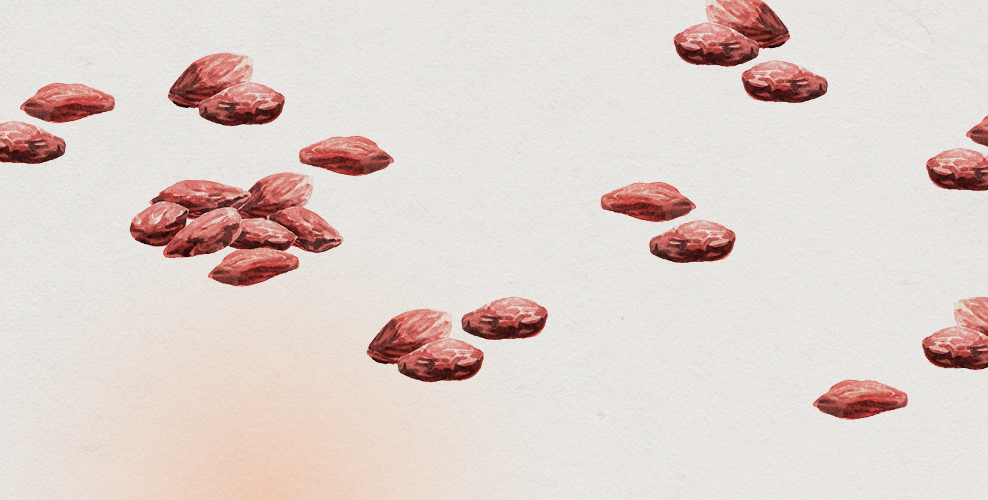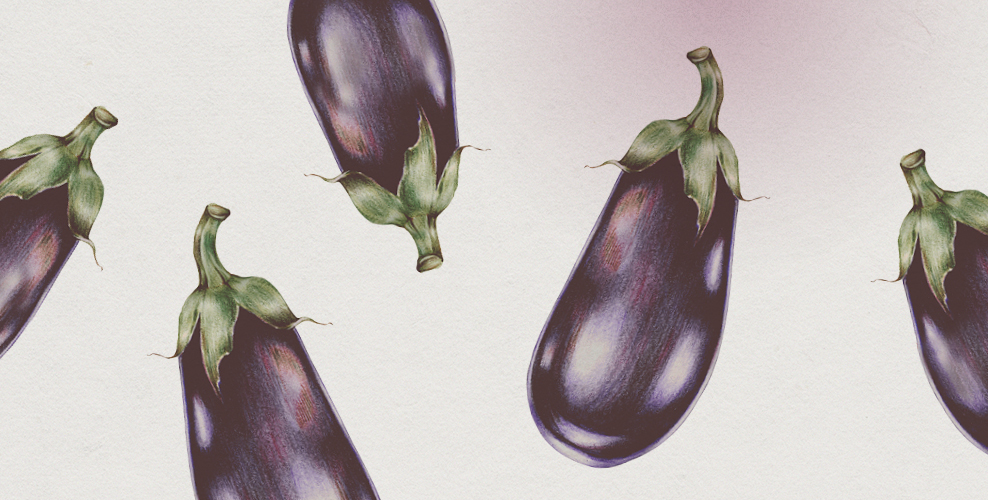Kidney-nourishing foods

Why care for your Kidneys?
In traditional Chinese medicine (TCM), the kidneys' role in health extends far beyond regulating the metabolism of water and fluids and filtering wastes from the blood for removal from the body via the urine.
These essential organs are also traditionally believed to drive growth and development, reproductive function, and the health of the hair, bones, teeth and ears in TCM. In addition, they're regarded as the source of all yin and yang in the body, and the storehouse for jing (a form of life force energy that is inherited from our parents when we're conceived and declines over the course of our lives).
As a result, TCM teaches that when your kidney energy (or kidney qi) is optimal, not only will your urinary function be in good shape, but you're also likely to feel confident, energised and alert, with sharp thinking and senses, and healthy hair, strong bones and teeth and a vigorous sex drive. Sounds good to us!
What happens when Kidney energy is out of balance?
In TCM, signs of low kidney energy (kidney qi deficiency) may include:
- Low energy
- Dark circles under the eyes
- Poor sleep
- A tendency to be fearful
- Cold hands and feet
- Low libido
Yin is cooling and calming, so if it's specifically your kidney yin that's deficient (as is common during menopause, for example ), you may experience symptoms that are 'hot' in nature, like night sweats or mild dizziness.
On the other hand, deficiency of kidney yang is traditionally thought to allow dampness to accumulate in the body, and as a result you might experience symptoms like fluid retention.
Finally, if the kidney network is over-active rather than under-active, you may experience problems like low back pain, weakness of the knees and hips, or an excessively heightened sex drive.
If any of those issues sound familiar, read on to learn how to eat to support your kidneys!
Kidney-nourishing foods
In TCM, it's traditionally understood that foods have therapeutic properties over and above their nutritional content. Include the foods below on your menu when want to nourish or strengthen your kidneys.
Go for some goji berries

Goji berries are an important therapeutic food in Chinese medicine and are also used extensively in herbal kidney tonics. In TCM, they're traditionally taken to strengthen the kidneys, balance yin and yang, and invigorate jing, plus relieve fatigue when kidney yang is deficient in TCM.
Get nutty with walnuts and pine nuts
In Chinese medicine, walnuts are traditionally thought to strengthen the kidneys and consequently to relieve fatigue and frequent urination, improve men's sexual function, maintain fluid levels in the intestines to support bowel regularity, and promote longevity.
Pine nuts are also traditionally regarded as having benefits for the kidneys in TCM; they're said to increase kidney qi and help regulate fluid balance.
Grab some grapes, raisins and sultanas
Grapes are traditionally thought to promote the formation of body fluids in TCM, and therefore to help relieve symptoms of fluid imbalance, including fluid retention, a dry mouth and excessive thirstiness. When consumed in the form of raisins or sultanas, they're said to strengthen the kidneys and liver and supplement qi and blood, thus helping to relieve general weakness.
Rice is nice for kidneys too
Rice - and especially brown rice - is traditionally regarded as a kidney-nourishing food in TCM. Among other benefits, it's traditionally eaten when symptoms of heat like a dry mouth, thirst or sleeplessness are present.
Eat more blue-black coloured foods

The kidneys are traditionally associated with the colour black in Chinese medicine, and blue-black foods are believed to strengthen and nourish them - as well as to promote bone strength, libido and a long life.
Our favourites include eggplant, black sesame seeds, black beans, kidney beans, wood ear mushrooms, plums, figs, dates and seaweed.
Choose cooling foods to support kidney Yin
Foods that support kidney yin are those that have cooling properties and consequently clear heat from the body. Think lettuce, watermelon, bean sprouts and watercress - as well as fish, which we'll discuss in more detail below.
Include a pinch of saltiness
Salty foods are traditionally thought to support the kidney's natural detoxifying functions in TCM - but that doesn't mean you should reach for the salt shaker, because an excess of salt is never a good thing.
Instead, choose foods that are naturally salty, including many of those that come from the ocean, like saltwater fish, prawns, lobster, scallops, oysters and seaweed. Miso soup is a good option too.
Foods to clear dampness and fluid retention
If you're holding on to too much fluid, choose foods that are traditionally used to dry out dampness in TCM. These include kidney beans, mushrooms, sesame seeds, celery, barley and seaweed.
On the flip side, foods that are best avoided are those that are raw, cold or excessively sweet or rich, plus dairy foods, bread, yeast and beer, all of which are traditionally thought to promote dampness in TCM.
Drink lots of water
Along with all the tips above, don't forget to drink plenty of water! Aim for at least a couple of litres each day, prioritising pure filtered water when you can.
Always read the label. Follow the directions for use. If symptoms persist, worsen or change unexpectedly, talk to your healthcare professional.
















